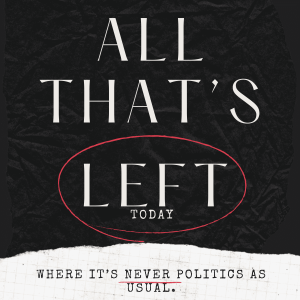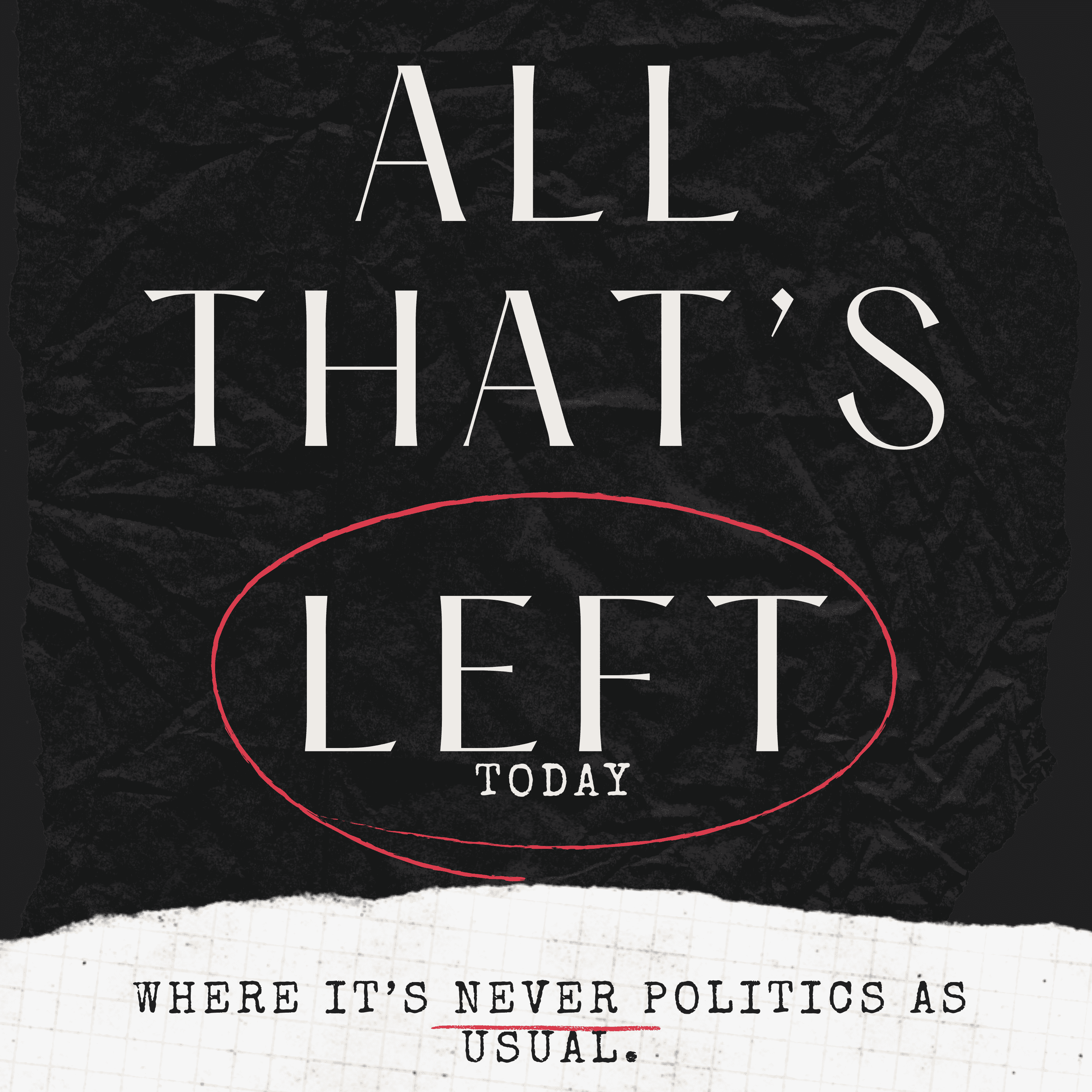Episodes

Saturday Nov 02, 2024
Trump's billionaire claim that "You're not going to feel it"..
Saturday Nov 02, 2024
Saturday Nov 02, 2024
Discussion on Donald Trump's recent statements and their implications.
- Warning against billionaires claiming financial changes won't hurt the public.
- Elon Musk admits Trump's policies could harm the economy.
- Musk proposes a government efficiency department under Trump.
- Musk's target is to cut $2 trillion from the federal budget.
- Proposed cuts include essential services like food stamps and education.
- Temporary hardship for billionaires differs from the average person's experience.
- Trump praises Musk's ability to cut costs without public awareness.
- Mike Johnson supports Musk's plan to eliminate government waste.
- Concerns about Trump's tariff-based economy leading to instability.
- Mass deportations could significantly harm the labor force and economy.
- Trump's tax cuts favor the wealthy, worsening economic inequality.
- Urgent need for sensible budget cuts and immigration reform.
- Warning about potential economic disaster if Trump is re-elected.
A discussion is initiated regarding recent statements made by Donald Trump, particularly in relation to comments from billionaires about financial impacts on the public. The speaker emphasizes skepticism towards claims that financial changes will not affect individuals, urging listeners to be cautious.
An article from The New Republic is referenced, highlighting Trump's response to Elon Musk's admission that Trump's policies could negatively impact the economy. Trump appears unconcerned, suggesting that Musk's proposed cost-cutting measures would not be felt by the public.
Musk's idea of establishing a Department of Government Efficiency (DOGE) under a Trump administration is mentioned, with a target of cutting two trillion dollars from the federal budget. The speaker lists various federal programs that could be affected, including food stamps, education, and farm support, questioning the implications for Republican farmers who rely on such support.
The speaker expresses concern that the public may not fully grasp the significance of Musk's and Trump's statements. They highlight Musk's comments about reducing spending and the disconnect between the experiences of billionaires and the average citizen, particularly regarding the meaning of "temporary hardship."
Trump is quoted praising Musk's ability to identify waste in government budgets and suggesting that cuts could be made without public awareness. The speaker critiques this notion, arguing that the public will indeed feel the effects of such cuts, which are being proposed by wealthy individuals.
The speaker mentions Mike Johnson's support for Musk's cost-cutting initiatives, indicating that if Trump is elected, these plans could be implemented. The speaker acknowledges that many listeners may have already formed their opinions on Trump, but stresses the importance of discussing these economic implications.
Steve Ratner's commentary on Trump's economic policies is introduced, particularly regarding tariffs. Ratner warns against tying the U.S. economy to a tariff-based system, which could lead to instability and inflationary pressures.
The potential economic consequences of Trump's policies are outlined, referencing a Bloomberg Economics study that predicts an 8.9 percent reduction in GDP if Trump's plans are enacted. This decline is compared to the financial crisis, suggesting a severe economic downturn could occur.
The speaker notes that mass deportations proposed by Trump would significantly impact the labor force, exacerbating economic contraction. The discussion highlights the interconnectedness of immigration policy and economic health.
The speaker reiterates concerns about the economic ramifications of Musk's proposed cuts and Trump's assurances that the public will not feel the impact. They emphasize the risks associated with tariffs and tax cuts for the wealthy, referencing a non-partisan article that critiques the 2017 tax cuts as benefiting the rich while failing to deliver promised economic growth.
The speaker concludes by warning that the proposed budget cuts and immigration policies could lead to significant economic challenges. They advocate for more sensible approaches to budget management and immigration reform, cautioning against rapid and drastic changes that could destabilize the economy.


No comments yet. Be the first to say something!